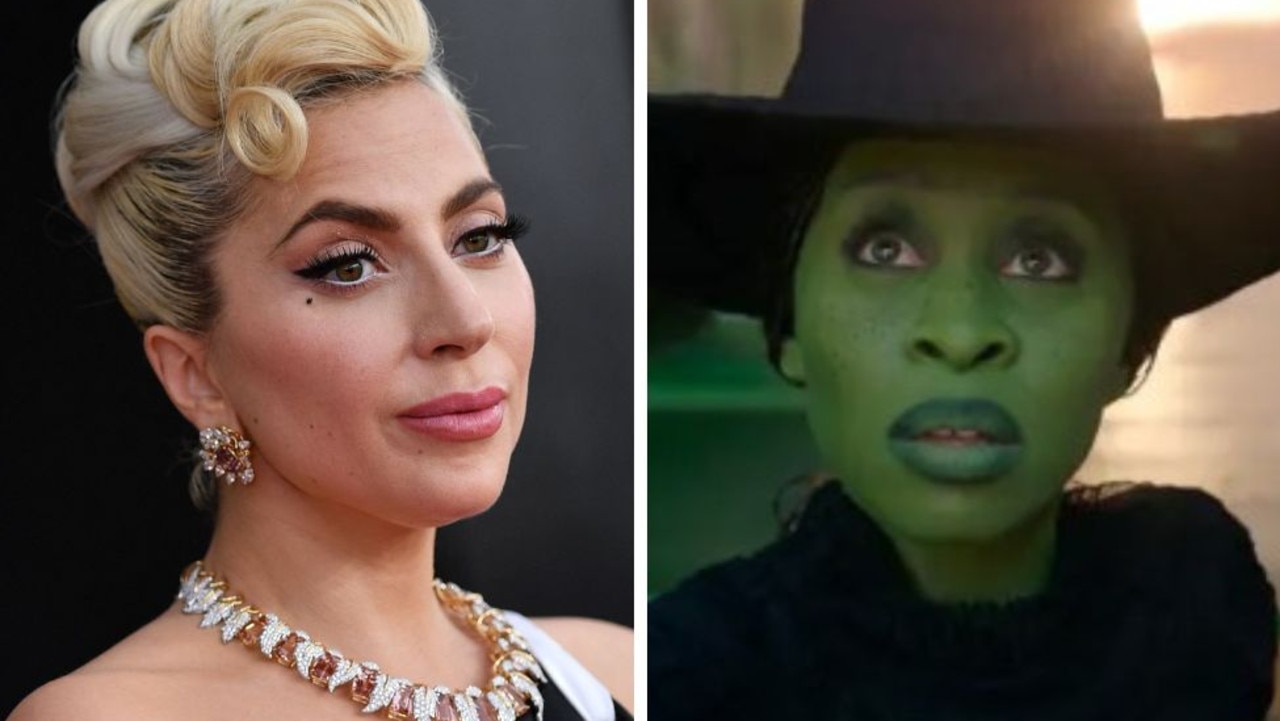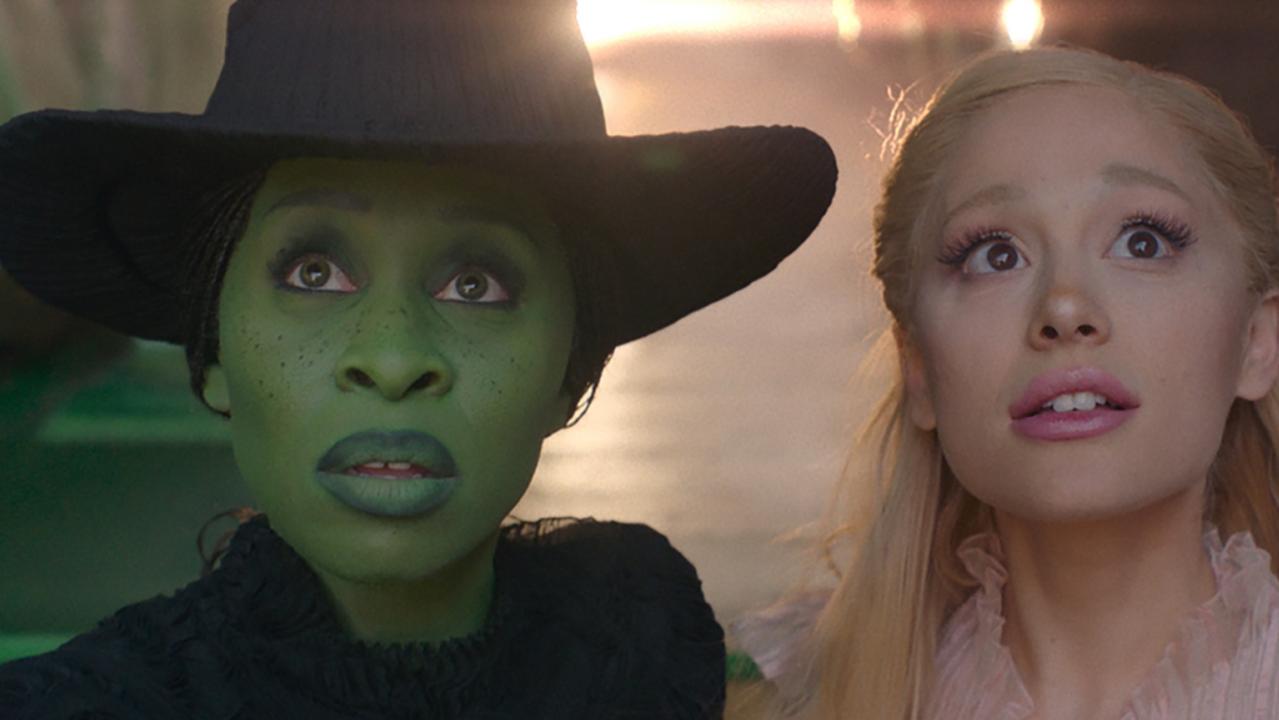The Wonder is buoyed by a dazzling Florence Pugh
If there’s one thing you should know about Florence Pugh, it’s that she really is that good.

Movies
Don't miss out on the headlines from Movies. Followed categories will be added to My News.
If you hadn’t been paying attention before, after the Don’t Worry Darling drama, you would by now know Florence Pugh’s name.
The British actor has been on the scene since breaking out in the 2016 indie historical drama Lady Macbeth and anyone who was paying attention immediately knew Pugh was going to be a big deal.
She can capture a character’s emotional state – and the screen – like few talents of any age. Her instincts are top class – she never overplays a moment and she creates deep compassion for her alter egos.
Six years on from Lady Macbeth, after one Marvel epic, one Oscar nomination and one of the most bizarre behind-the-scenes dramas surrounding a production, Pugh continues to inspire awe with her thespian gifts.
The film is The Wonder and the director is Sebastian Lelio, a Chilean filmmaker known for his searing and intimate female-led stories such as A Fantastic Woman. The combination of Pugh and Lelio is a potent one and The Wonder is buoyed by Pugh’s powerful performance.

Adapted from Emma Donoghue’s novel of the same name, The Wonder was written by Donoghue and Alice Birch – the latter wrote the screenplay for Lady Macbeth and also co-wrote the TV adaptations of Normal People and Conversations with Friends.
In 1862, English nurse Lib Wright is hired by a committee of men in a rural Irish village. She is to watch over 11-year-old Anna O’Donnell who has apparently not eaten any food since her birthday four months earlier.
Lib and a nun will alternate shifts to surveil Anna for two weeks and report back to the committee what they see. The motives of these men are varied, some postulate that Anna’s condition is an as-yet undiscovered scientific phenomenon while others are convinced she’s a saint.
In the deeply religious Irish countryside, a divine “explanation” is the popular theory.
But is it a hoax? And if it is, what’s the reason, what does the family have to gain from it? Or is it possible Anna really is a miracle?

The Wonder explores the historical occurrences of “fasting girls” within the context of blind religious faith and the damage done in the name of conviction. It’s a fascinating lens into a distinct slice of society and Lelio’s world-building is so evocative.
Lelio has created a repressive and unsettling air in The Wonder, and much like Lib, it disorients the viewer. It’s less about what is going on and more about the why – why is Anna choosing not to eat, what traumas lurk in the past, and how do you possibly get past this?
While The Wonder can be slow-moving to start, once it hits the second act, it’s stealthily gripping.
And that is in large put due to Pugh’s magnetic pull. With few words, Pugh has vividly rendered this woman who moves in and out of someone else’s world while battling judgment, obstinacy, the inexplicable and her own demons.
There’s a deep emotional seam that runs through The Wonder which viscerally challenges your preconceptions of faith, morality and care.
Rating: 3.5/5
The Wonder is in cinemas now and on Netflix from November 16
Originally published as The Wonder is buoyed by a dazzling Florence Pugh



